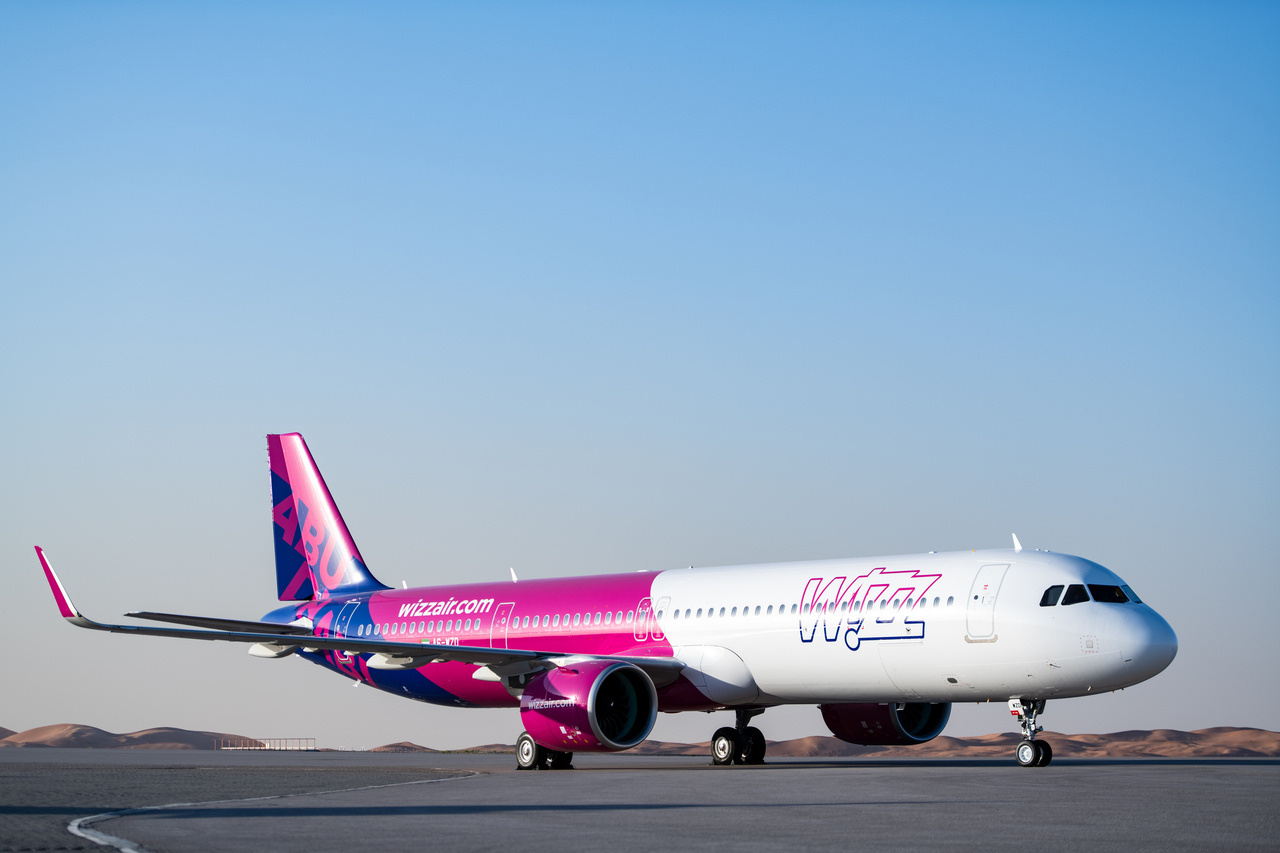Wizz Air greatly reduces long range Airbus planes’ orders, halts all UAE routes

Wizz Air is making a major pivot in its Middle East expansion strategy: starting 1 September, the airline will shut down its Abu Dhabi joint venture and discontinue all routes in the United Arab Emirates. As a result, the company will also reduce its order for the long-range Airbus A321XLR, many of which had been designated for operations in the region.
Retreat from the Middle East
In an official statement published on the London Stock Exchange, Wizz Air described its withdrawal from Abu Dhabi as part of a “strategic realignment.” The move is driven by several complex challenges: the region’s extreme heat has negatively affected aircraft reliability—especially Airbus jets equipped with Pratt & Whitney engines—leading to frequent breakdowns and prolonged ground time.
Additionally, ongoing geopolitical tensions in the Middle East have resulted in intermittent airspace closures and operational disruptions. Regulatory hurdles also proved significant, with the airline citing that growth opportunities tailored to the local market fell far short of expectations. Together, these factors have compromised the sustainability of Wizz Air’s low-cost operating model in the region.
Fleet strategy shift: XLR order trimmed
As a consequence of the pullout, Wizz Air is renegotiating its order for the Airbus A321XLR, according to a report by AIRportal.hu. The airline initially ordered 20 of the next-generation, long-range aircraft in 2019, followed by an additional 27 in 2021. A significant portion of these were intended for the Abu Dhabi-based fleet.

CEO József Váradi confirmed to Reuters that the airline is in talks with Airbus to scale back the order. Current contracts allow for some of the XLR aircraft to be swapped for standard A321neo models, though no specific figures have been disclosed yet. Wizz Air took delivery of its first A321XLR in May, which entered service with Wizz Air UK.
Focus shifts back to Europe
Following the exit, Wizz Air plans to refocus on its primary markets in Central and Eastern Europe, while also strengthening its presence in Western European countries like Austria, Italy, and the United Kingdom.
This strategy aligns with plans previously announced by the company: in January, Wizz Air said it would slow fleet expansion through the end of the 2030 fiscal year, according to AIRportal.hu. The airline still expects to operate a fleet of 424 aircraft with an average age of 4.3 years, though the number of XLRs could be reduced from the originally planned 47 to 34.
Passengers to be notified
Passengers holding tickets for travel after 31 August 2025, will be notified directly by email about available options, including refunds or alternative travel arrangements. Those who booked through third-party providers are advised to contact their respective agencies.
Read more Wizz Air-related news on Daily News Hungary!
Read also:
- Wizz Air stops flights to 2 popular UK destinations – but here’s the good news
- Which is the cheapest European low-cost airline? Here are the latest figures
- Futuristic hand luggage gauge at Budapest Airport? Don’t panic yet! – VIDEO
To read or share this article in Hungarian, click here: Helló Magyar







